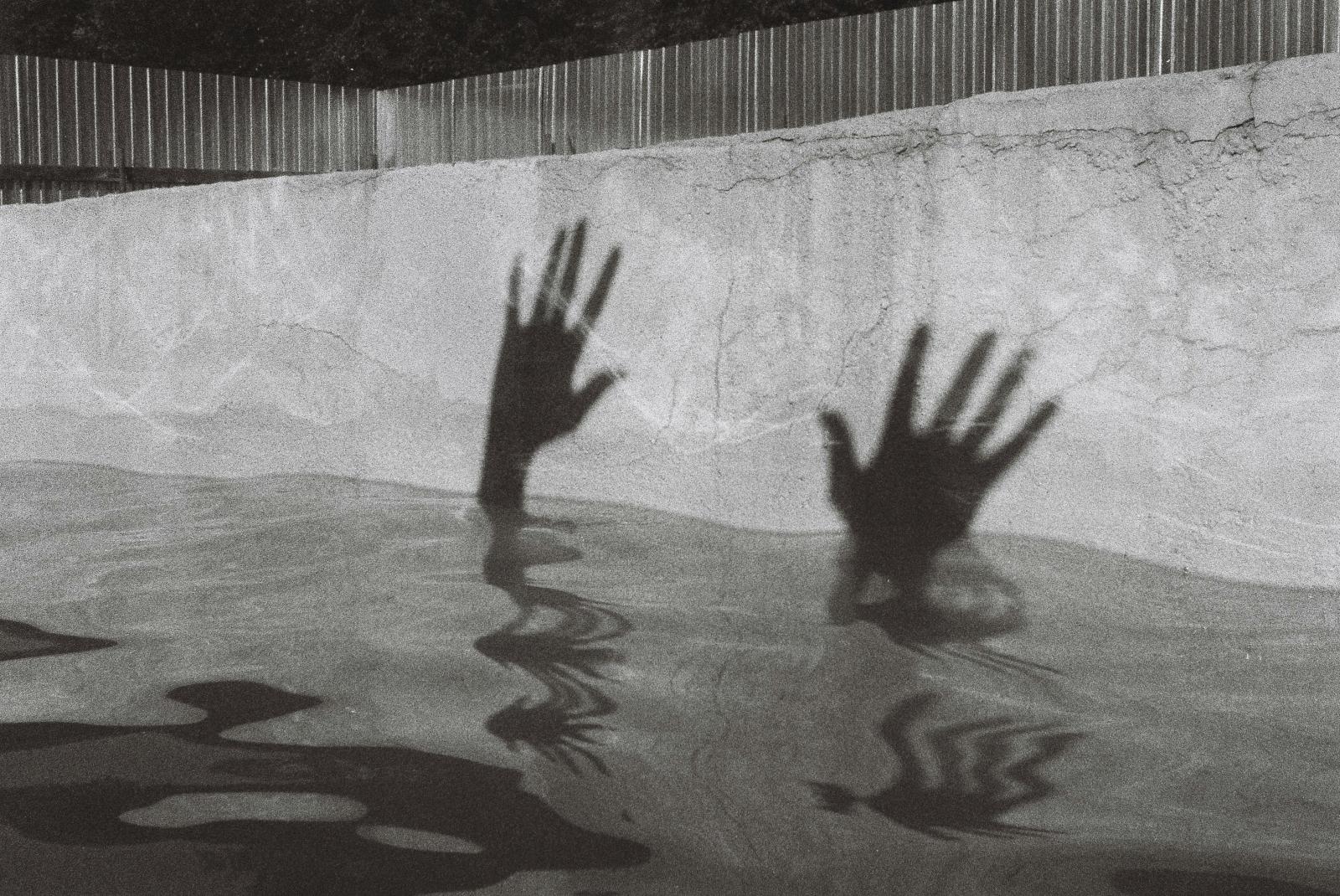With a budget of 3.3 billions euro and over 15 thousand researcher involved between 2007 and 2013, the Marie Sklodowska-Curie Actions programme has been one of biggest research program in the EU.
Open to “researchers of all age and levels of experience, regardless of nationality”, it provides them different options – or “Actions”, as they're called – such as initial training for young scientists, partnerships with private enterprises, fellowships with a number of institutions in or outside Europe and more.
With a budget this big it's no surprise that there has been a fierce competition. How did each european country perform? United Kingdom alone managed to obtain a quarter of it, totaling 854 millions euro. Germany came in second, getting 13.9% (469 millions euro), followed by France (369 millions), Spain (313 millions), Netherlands (255 millions) and Italy (6.7%, or 227 millions).
The following map explains in detail where the funds have gone. It also shows how many projects have been developed by each country, along with the number of researchers involved and times that organisations have participated in each “Action”.
Just comparing every country to each other doesn't tell the whole story. The EU is formed by pretty different nations in terms of size, economy, population and attitude to scientific research.
Considering that the former is 13 times bigger than the latter, it doesn't make sense to say that Italy did better than – say – Ireland. Results are also interesting if we adjust them for GDPs: this way Ireland gets at the top, with Denmark and Netherlands that also got a fair share of funding. Italy falls well below EU average, faring worst than Spain, France or Germany.
Not only there is wide margin in efficiency, but the funds are also spent for very different activities.
According to EU sources, the possible “Actions” are the following:
“1) Initial Training Networks – an action providing training opportunities for Early Stage Researchers usually provided by a network of universities, businesses and research institutes;
2) Intra-European Fellowships for Career Development – a lump sum to encourage Experienced Researchers to settle/return in Europe;
3) Co-funding of Regional, National, and International Programmes – a co-funding mechanism providing an-extra financial support to national, regional research mobility programmes;
4) Industry Academia Partnerships and Pathways – an action promoting partnership and collaboration between business and academia. Early Stage Researchers, Experienced Researchers, or technical research staff can participate;
5) International Outgoing Fellowships – an individual grant for Experienced Researchers willing to receive a research training in a host institution in a third country (outside Europe);
6) International Incoming Fellowships – an individual grant for Experienced Researchers based in third countries (non-Europeans) willing to receive a research training in a host institution based in Europe;
7) International Research Staff Exchange Scheme – a staff exchange scheme fostering collaboration between research institutions based in Europe and in Third countries”.
Here is a comparison between Italy, Ireland, Spain, France, Germany and United Kingdom: it shows where – amongst the possibile options – the funds have been granted.
Note: all data is provided by Marie Curie Actions research fellowships statistics, available here. Further information on data has been published as metadata and footnotes in the national documents. A single spreadsheet that contains the most relevant data is available here.


